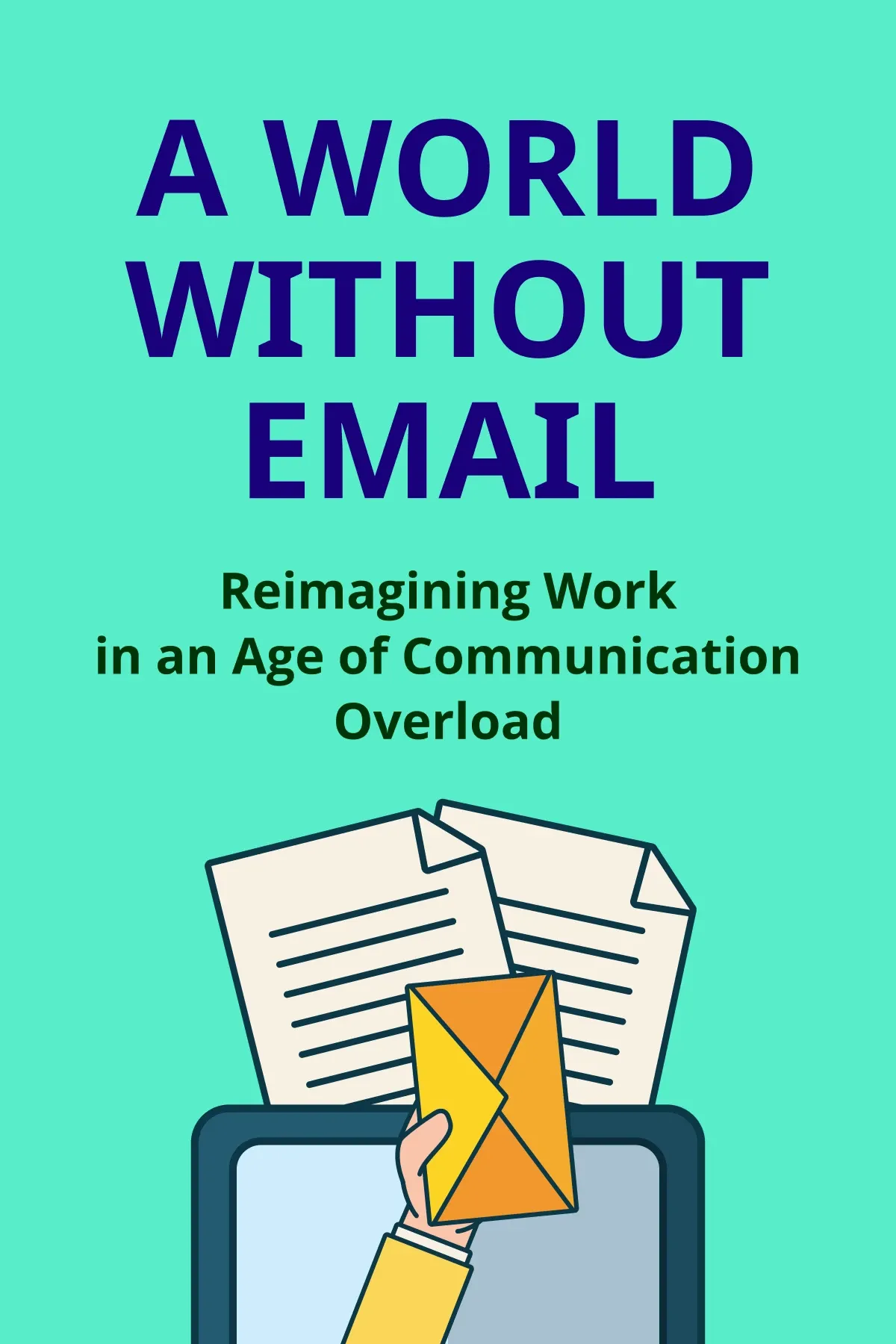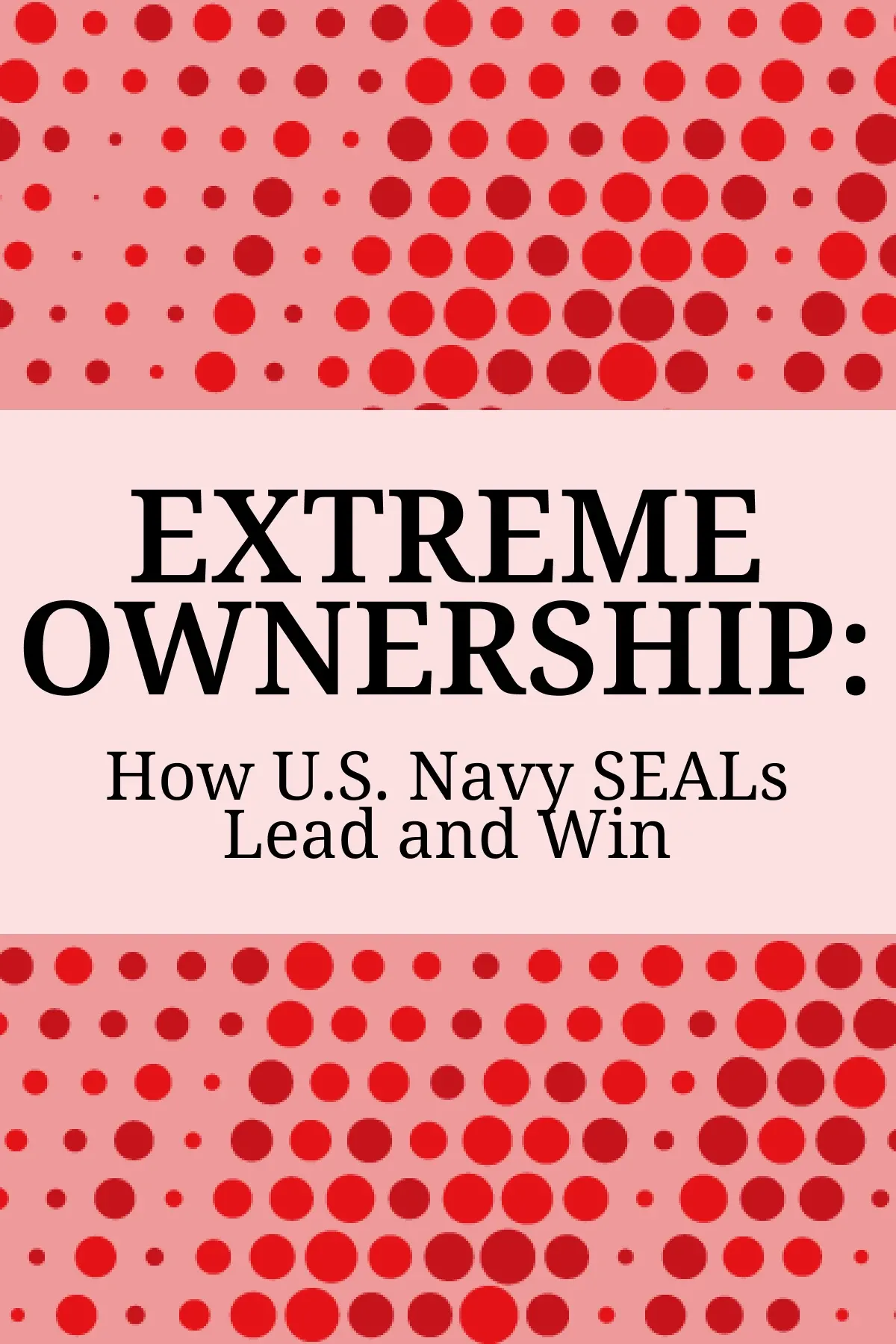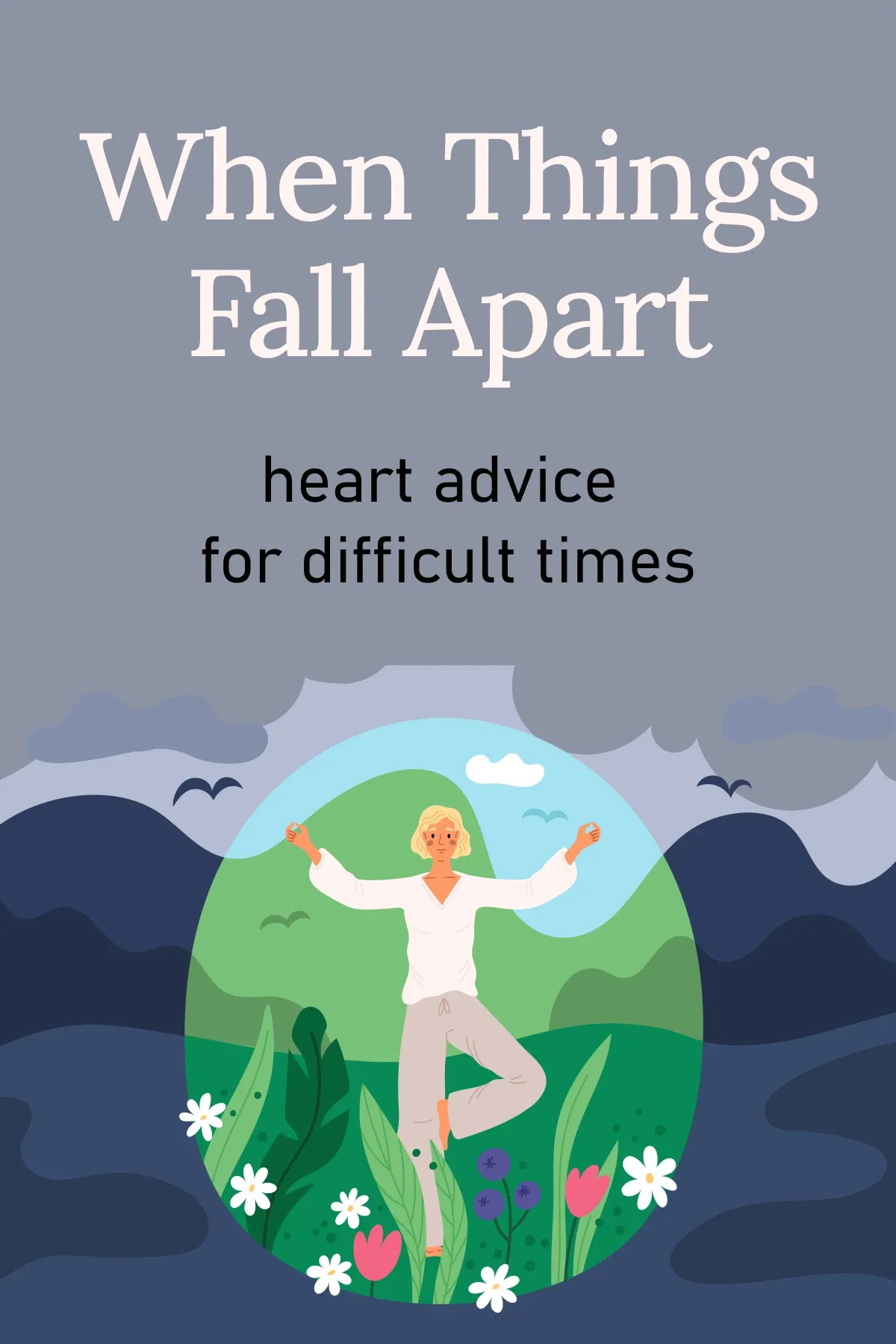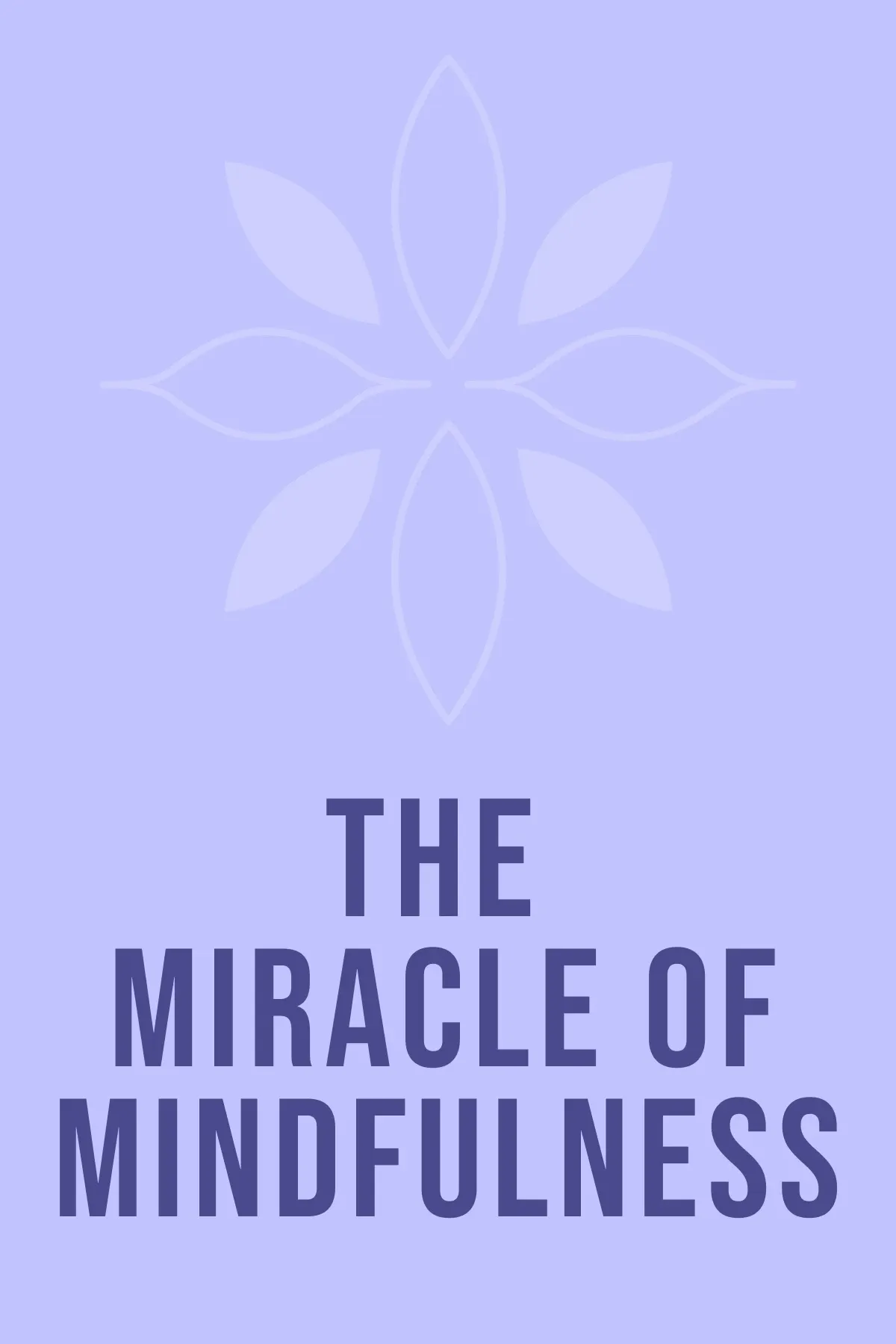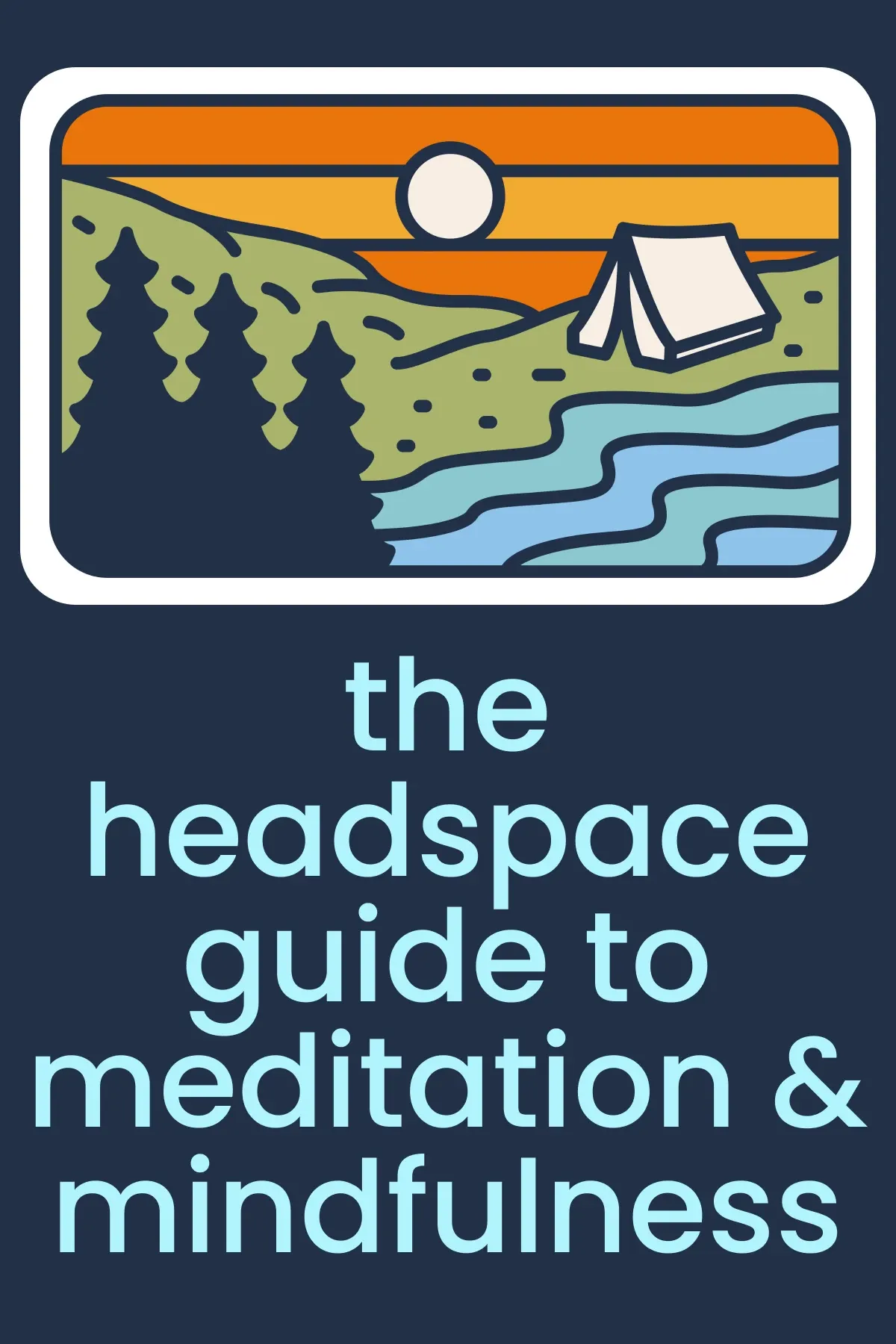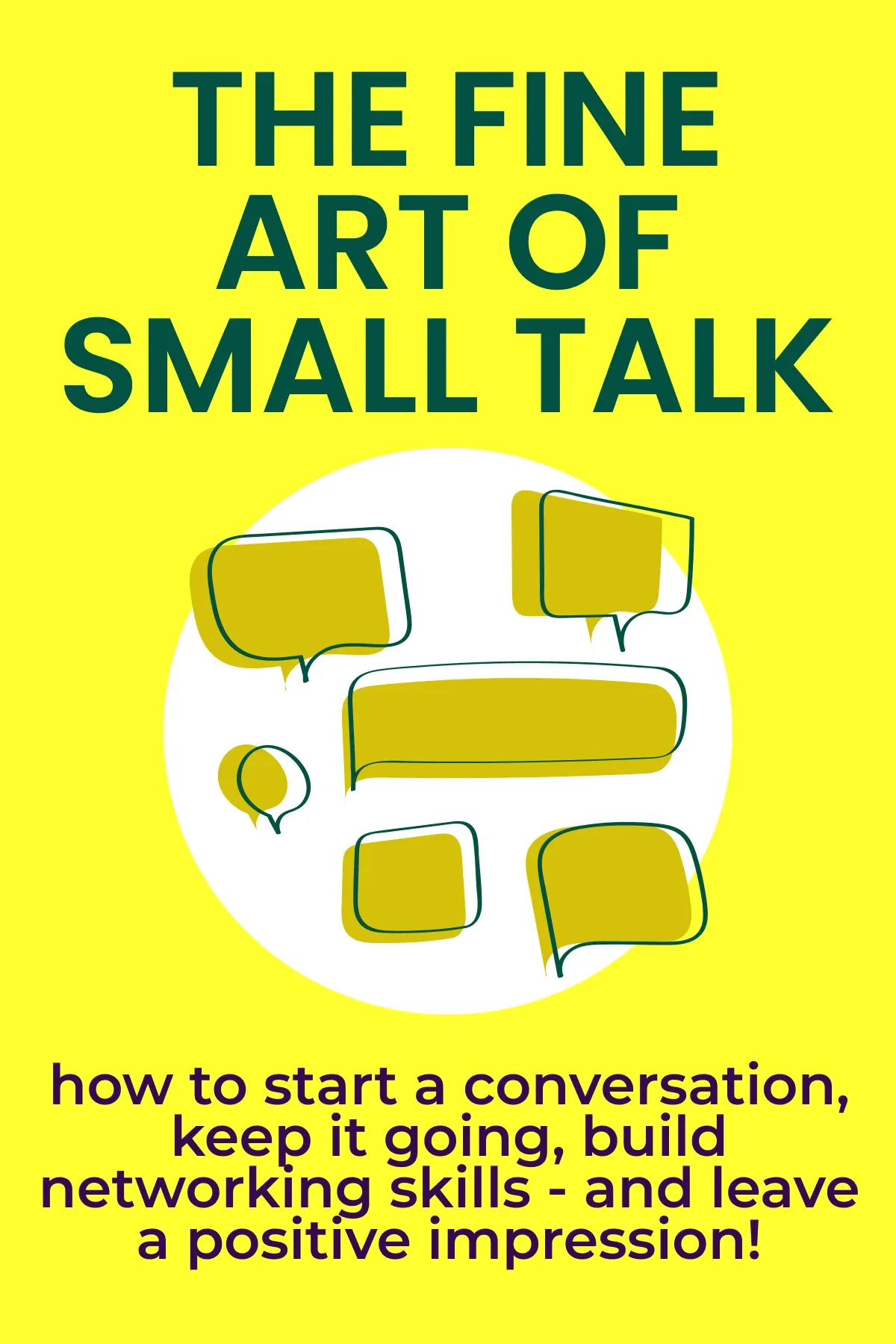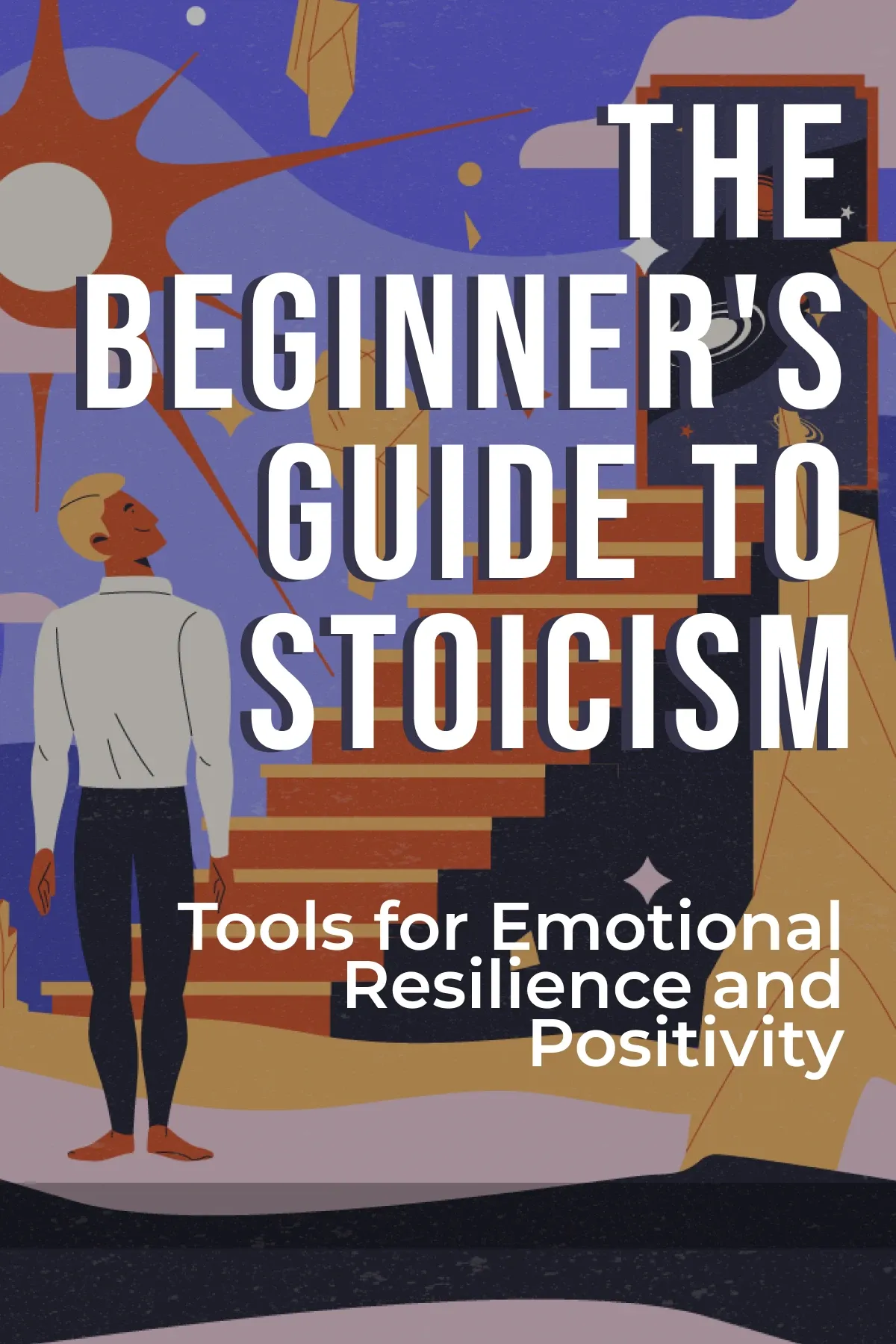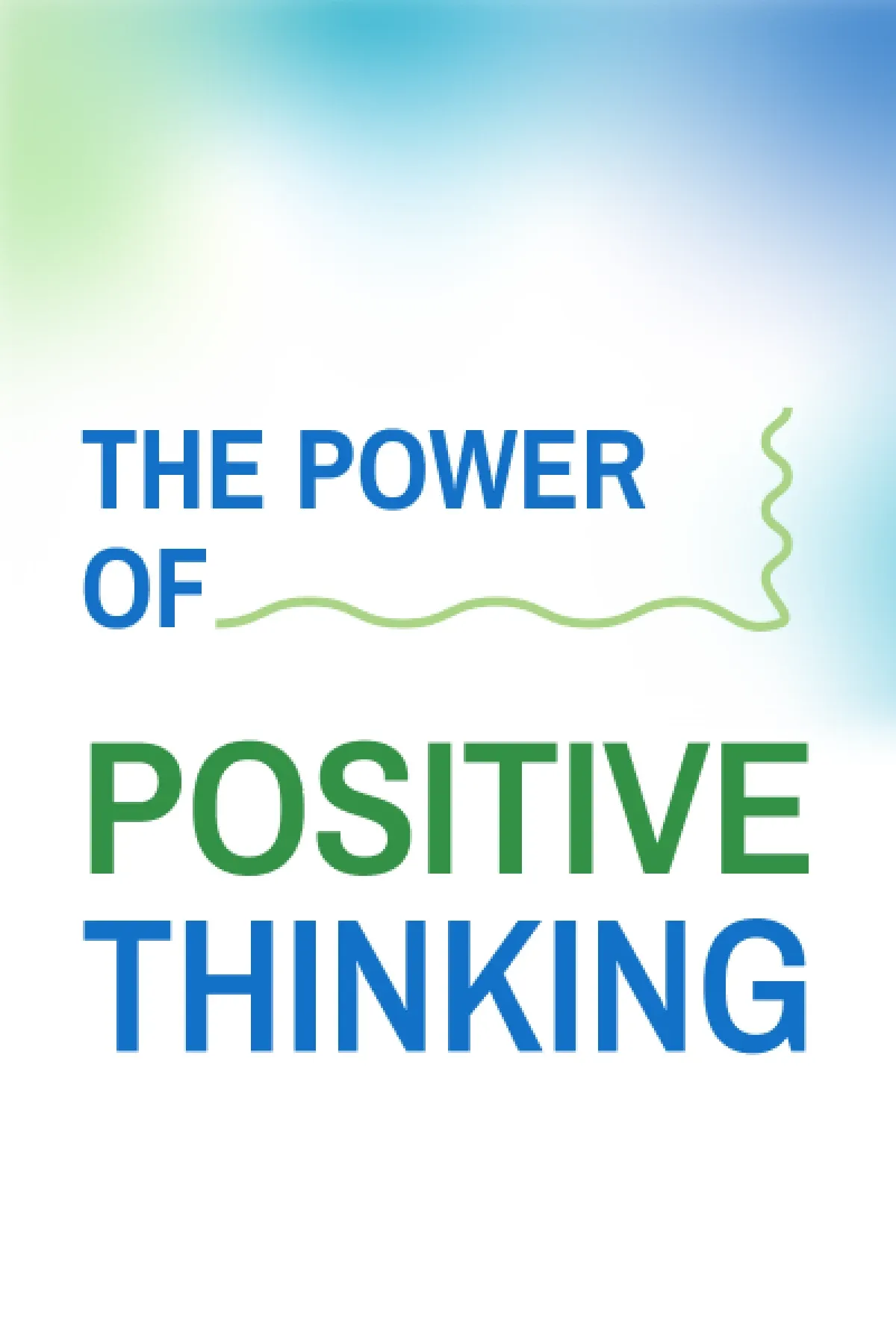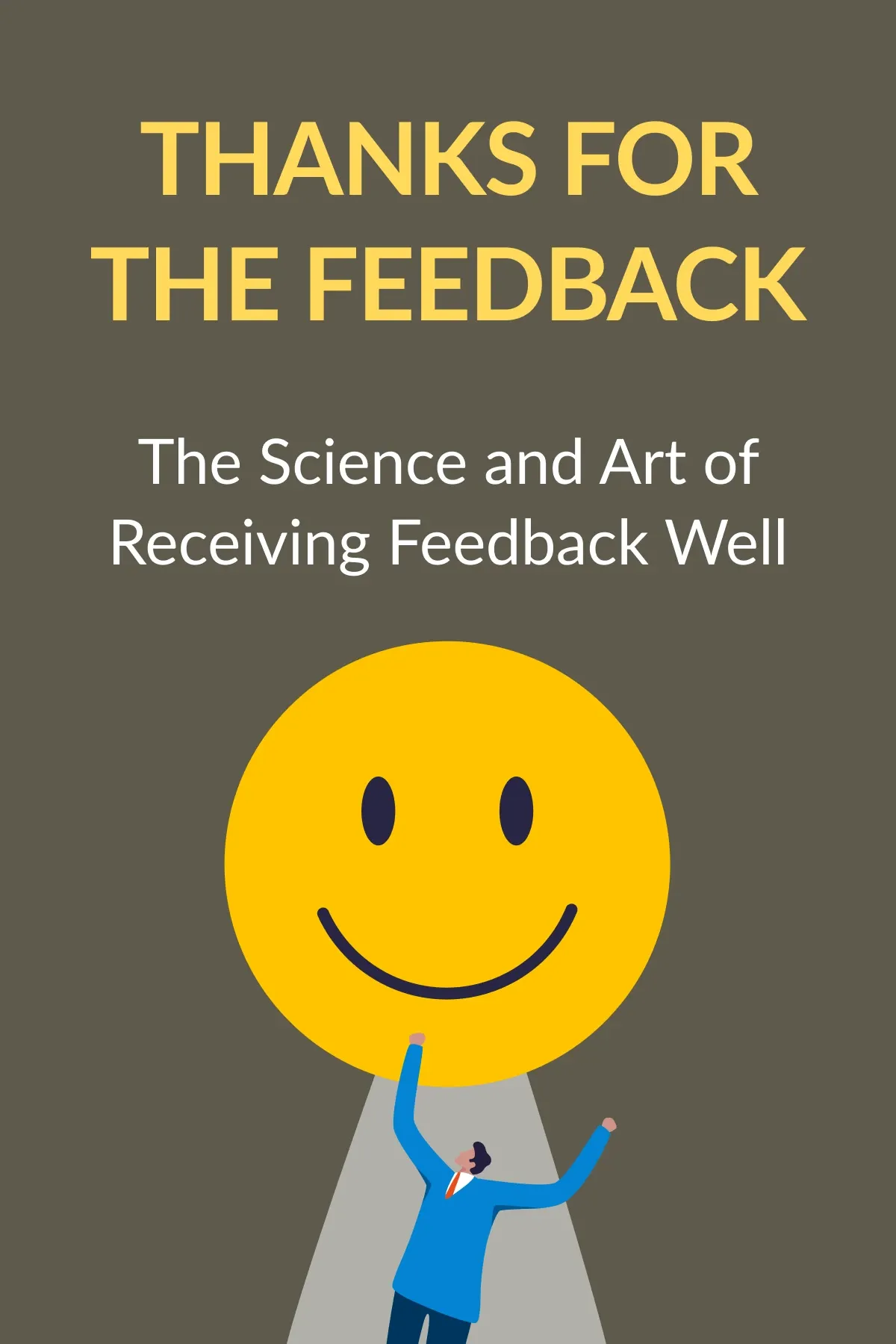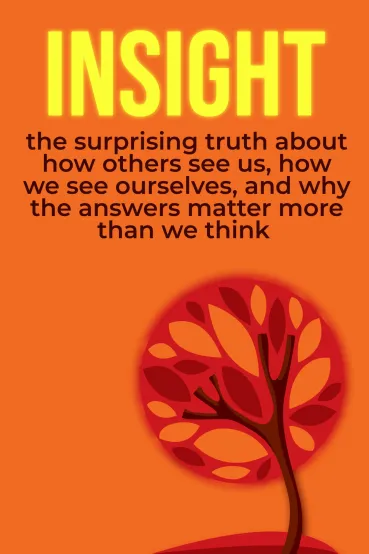
Insight
Brief Summary
“Insight” by Tasha Eurich is a practical guide to understanding yourself better. As an organizational psychologist, Eurich shares real-life stories and solid research to help you navigate the confusing topic of self-awareness. If you're looking for an unconventional approach to personal growth, “Insight” is a must-read.
Key points
Key idea 1 of 10
What is self-awareness? It is the will and the skill to understand yourself and how others see you. Self-awareness evolved around 150,000 years ago and is often considered essential for human survival and progress. This cognitive leap enabled introspection and empathy, crucial for cooperation with our ancestors.
Self-awareness also remains pivotal for success, happiness, and interpersonal skills in the twenty-first century. Scientific evidence supports its benefits. Self-aware people become happier individuals, smarter decision-makers, adept communicators, and effective leaders. Conversely, a lack of self-awareness poses risks, especially in business, where senior executives without it are 600 percent more likely to derail.
In the pursuit of success and happiness, genuine self-awareness is often overseen. On the contrary, many opt for self-delusion. Travis Bradberry conducted a study involving 500,000 people to examine trends in collective emotional intelligence (EI) over the last decade. He found that the levels of EI have improved. However, he made this conclusion based on people’s self-assessments. Therefore, it highlights a growing gap between self-perception and reality. It is fueled by a self-centric society obsessed with self-esteem.
Despite recognizing delusional traits in others, we often overlook our own lack of self-awareness. One may find this pervasive issue across any age, gender, and culture. Studies reveal our self-assessments are often flawed, with the least competent individuals being the most confident. So, we need to promote self-awareness, as becoming truly self-aware is a highly developable skill. For example, George Washington's early military blunder at Great Meadows in 1754 underscores the lack of self-awareness in his younger self. Despite facing a formidable enemy, Washington's self-confidence led to a disastrous defeat at Fort Necessity. It resulted in significant casualties and his surrender. During his later period, he made a profound self-awareness journey. Washington evolved from a reckless and unaware young officer to a wise and reflective leader.
To succeed on your way to self-awareness, look for insights or those "aha" moments. They act as the fuel for your development. We can distinguish seven unique insights, or pillars, of self-awareness. Those are values (guiding principles), passions (areas of love and interest), aspirations (desired experiences and achievements), fit (ideal environments for happiness and engagement), patterns (consistent thought, feeling, and behavior tendencies), reactions (manifestations of capabilities), and impact (effect on others).
FAQ
You may also like these summaries


